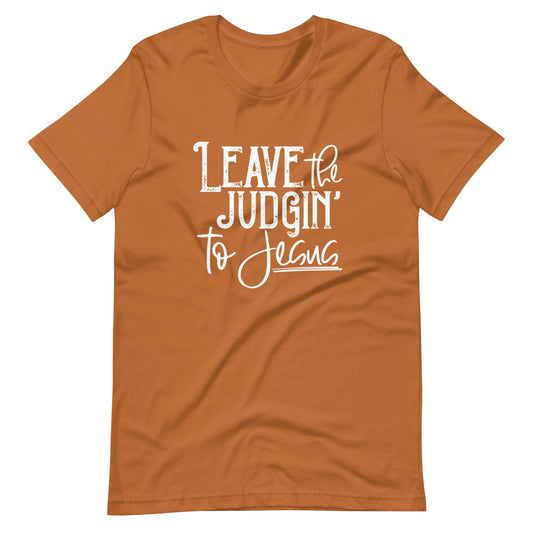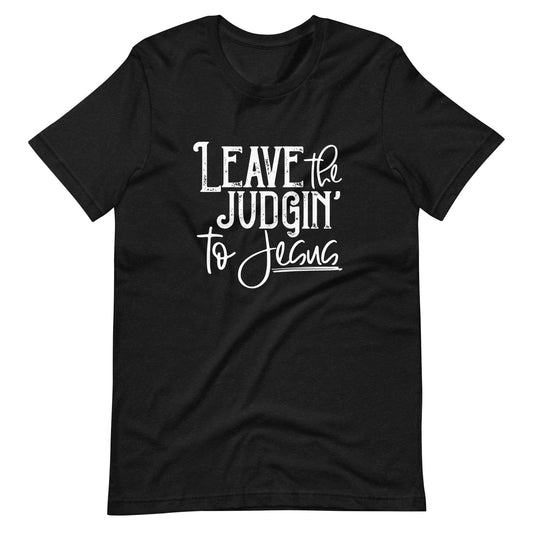Please Note: Nothing replaces having and reading your own Bible. Therefore, the purpose of these articles is to help strengthen your desire to read scripture daily and learn how to seek and find answers to your spiritual questions there. Through reading God’s word, we begin to understand HIS love for us and develop a personal relationship with HIM. If you are not a Christian and would like to know more about Christianity or the Bible, we encourage you to start by finding a local Christian community, visiting a Christian church and seeking out ways to learn more about the Gospel of Jesus Christ and his ministry.














